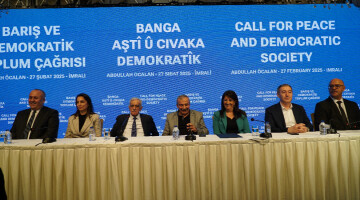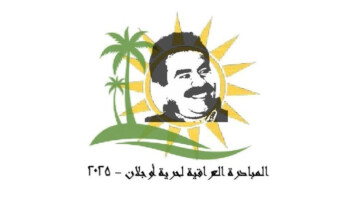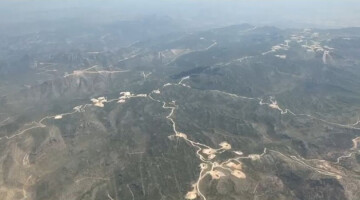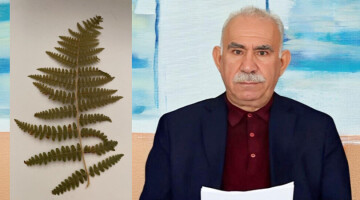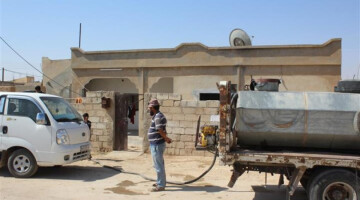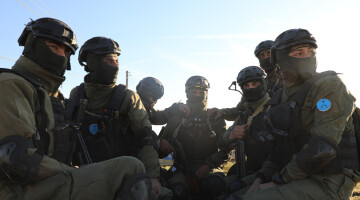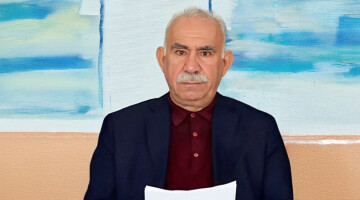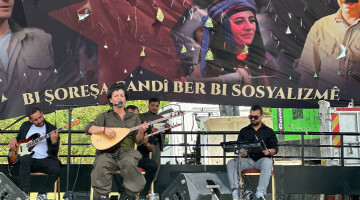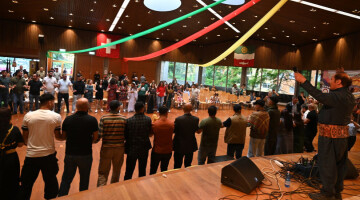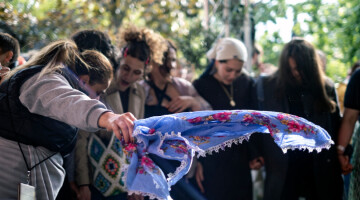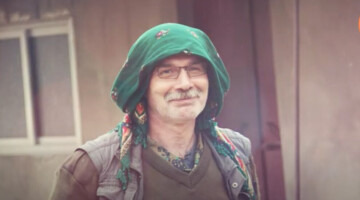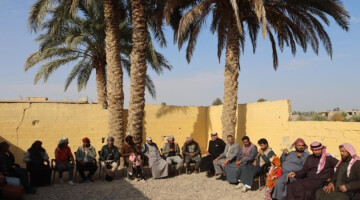The People’s Democratic Party (HDP) has issued a written statement to mark International Mother Language Day, saying that the mother tongue is the honour of an individual and that no one abandons their honour.
HDP recalled in its statement that 21 February is celebrated as International Mother Language Day after a UN decision, noting that the struggle of the people of Bangladesh for their mother tongue played an important role in the decision. The statement said the actions of 21 February 1952 by Dakka University students upon the call of the Bangladesh Language Action Committee created a historic and international awareness on the issue, leading to the celebration of 21 February as International Mother Tongue Day.
The HDP further recalled that languages other than Turkish are banned in education, public places and the press in Turkey, adding that no language ranging from Kurdish to the Laz language or Syriac has a chance to develop in a free environment in the country. The HDP stressed that the Turkish state continues its monolithic policies within the framework of its official ideology and ignores the existence of the variety of languages and cultures and harms identities and cultures by means of bans.
The HDP said that rather than ensuring a legal ground for the use of mother tongues, primarily Kurdish, and their development, the constitution still includes articles banning the use of mother tongues, adding that the current government continues the traditional policies of the state and takes part in the tradition of assimilation as it avoids changing the laws and constitution that impose a ban on other languages.
The HDP stressed in the statement that this monolithic mentality will by no means succeed in preventing the struggle of the people for mother tongue.
The HDP demanded that the use and the development of different languages be constitutionally guaranteed, and listed a set of concrete demands:
All the bans and preventions of the use of different mother tongue languages in local governments, education, cultural and artistic works and facilities, the media and press, in all public spheres, must be removed and the development of these languages must be ensured legally as well as promoted, said the HDP, and continued:
*A new democratic constitution on universal, inclusive and contemporary principles and one which recognises and promotes the free development of different cultures and languages must be framed.
*The demands for education in mother tongue must be recognised as a necessity for cultural and political pluralism and must be treated within the scope of human rights and democracy. Education in the mother tongue must be ensured starting from primary school to university education.
*The Basic Law of Education, Law of Higher Education and Law of Radio and Television must be regulated by taking into consideration the multi-ethnic and multi-lingual social reality in Turkey.
*The Monolithic mentality that advocates one nation, one language and one culture must be abandoned. Cultural and artistic works in different Anatolian languages must be promoted and must be supported financially and administratively.
*The regulation on local government must be reviewed and the ban on multi-lingual services in municipalities must be lifted.


